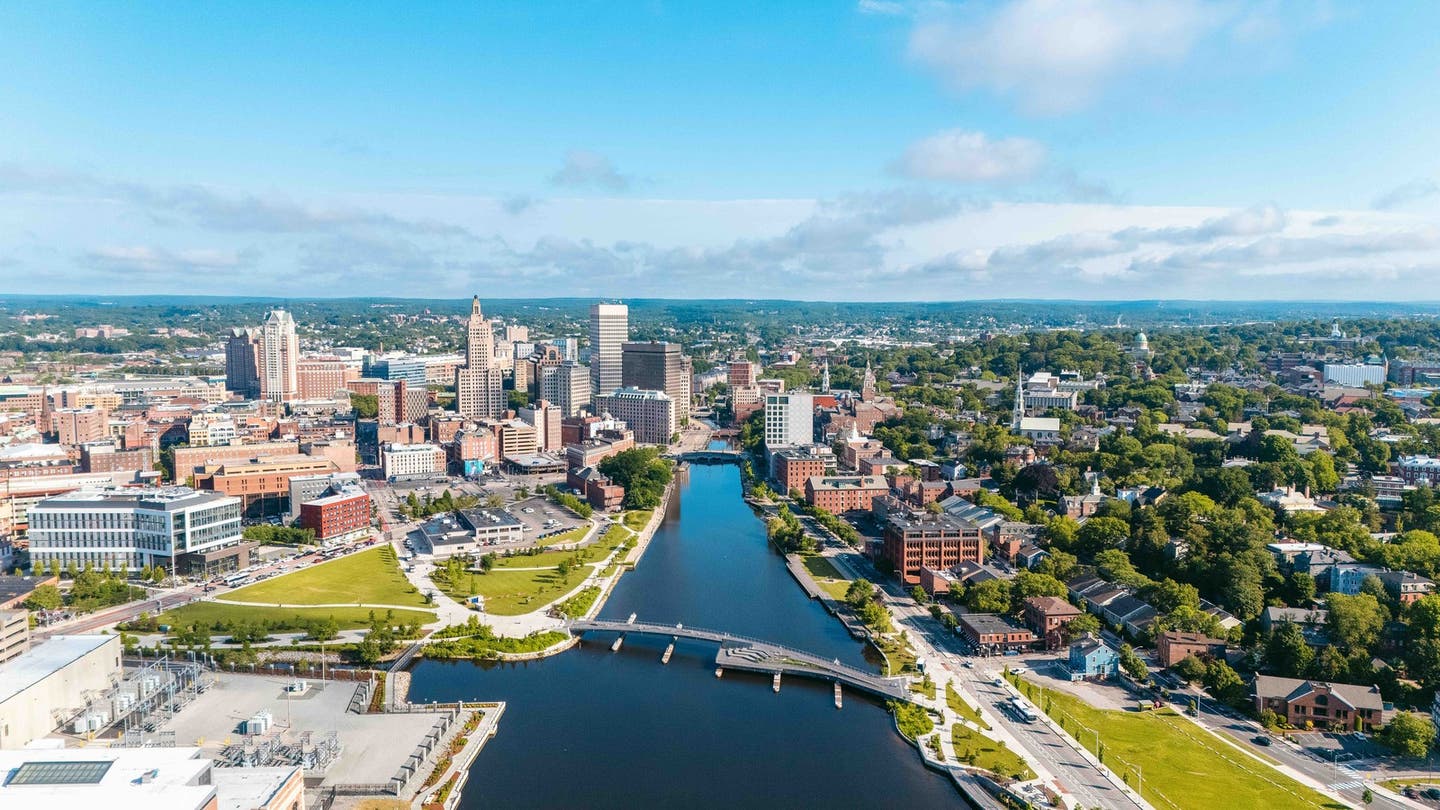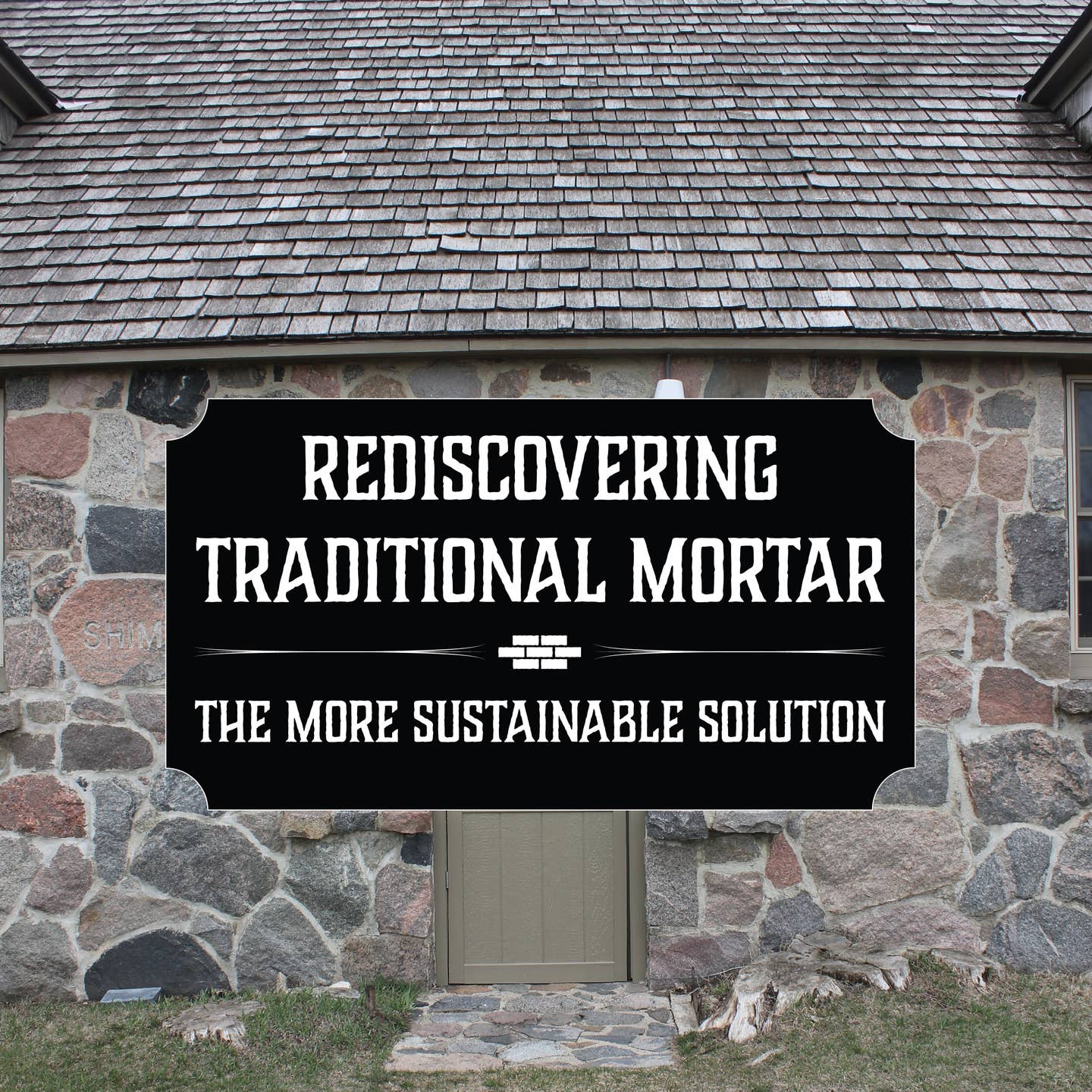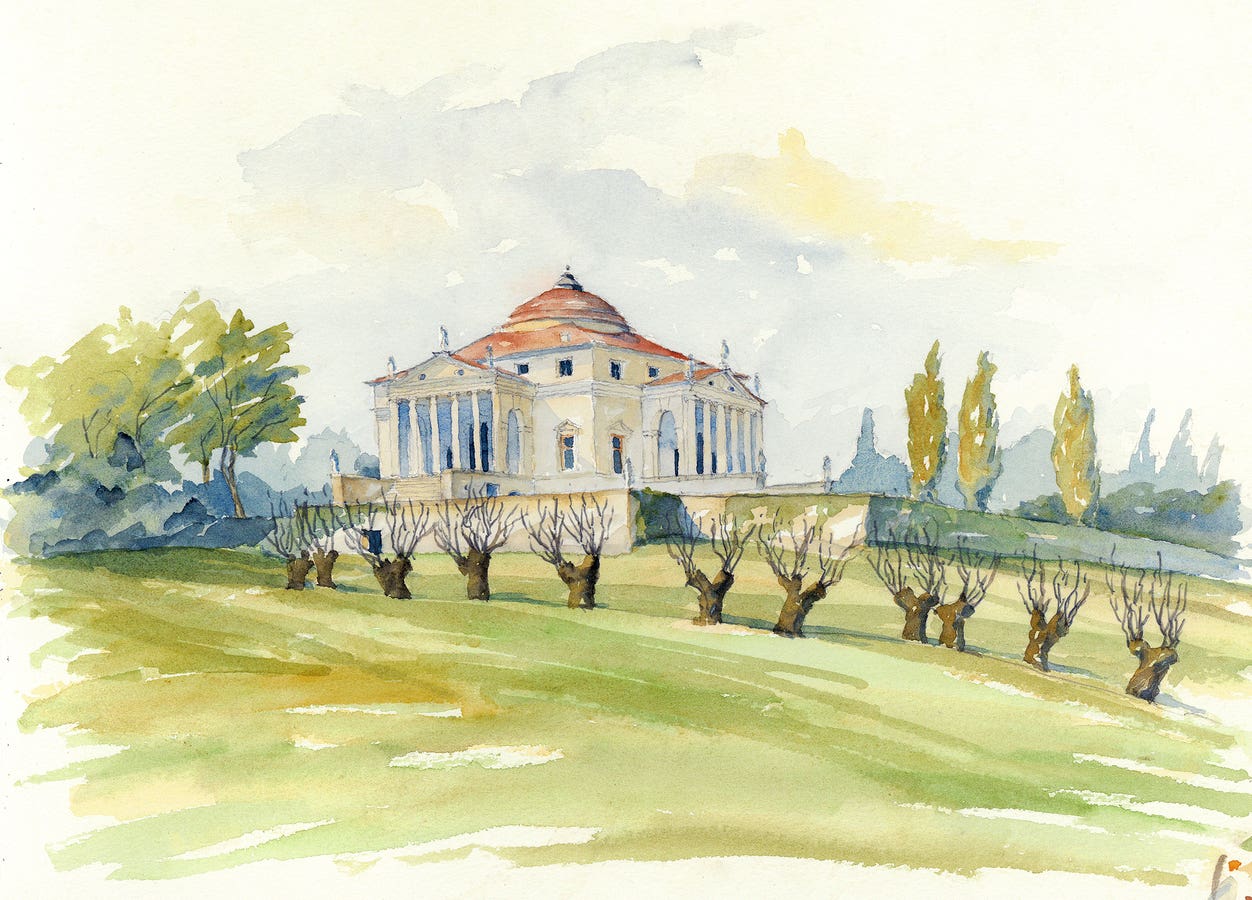
News
New Urbanists to Gather for CNU 33 New England in Providence this June 11-14
This June 11 through 14, the Congress for the New Urbanism (CNU) comes to Providence, Rhode Island for their 33rd annual Congress.
Dubbed CNU 33 New England, the event will be the largest gathering of urbanists in New England and will use the region as a springboard for exploring topics like the values of interdependence and community, how urban areas adapt to change, and how to establish a hopeful vision for the future based on New Urbanist solutions.
Home to some of the country's oldest urbanism, New England has seen incredible change over the last few centuries. The region's villages, towns, and cities have seen population growth and decline along with economic peaks and valleys, all of which have shifted industries and housing demands. And now, the coastal region faces the threats of climate change and rising sea levels head-on.
"Coherence within the Metropolitan Region"
Each yearly CNU Congress features a "Congress focus." This year's is "Coherence within the Metropolitan Region," inviting attendees to think critically about how their individual practice contributes to the regional scale, or could be challenged to do so more comprehensively.
This year's Congress will bring together urbanists to examine successful models for sustainable, connected communities. It will look at how integrated systems can overcome sprawl, disinvestment, and environmental decline while preserving the distinctive character that makes places worth caring about.
The conference program will feature up to 100 sessions addressing challenges that are all too familiar to urbanists nationwide: the housing affordability crisis, growing demand for car-free mobility, urgent climate adaptation needs, and persistent inequity in development.
Carefully curated tours will demonstrate to attendees how Providence tackles these issues through regional connections. The city last hosted CNU in 2006, and has done much growing and changing in the almost 20 years since. Steady progress is being made to infill the downtown parcels made available after the removal of the I-195 highway interchange. Providence also now has new city-wide bike lanes, an award-winning pedestrian bridge, public art programs, and waterfront parks.
Registration is now open for CNU 33 New England at Providence. The Congress will also feature keynotes, panels, receptions, and awards over the course of five days — find more details and a detailed schedule on CNU's website as the conference approaches.








